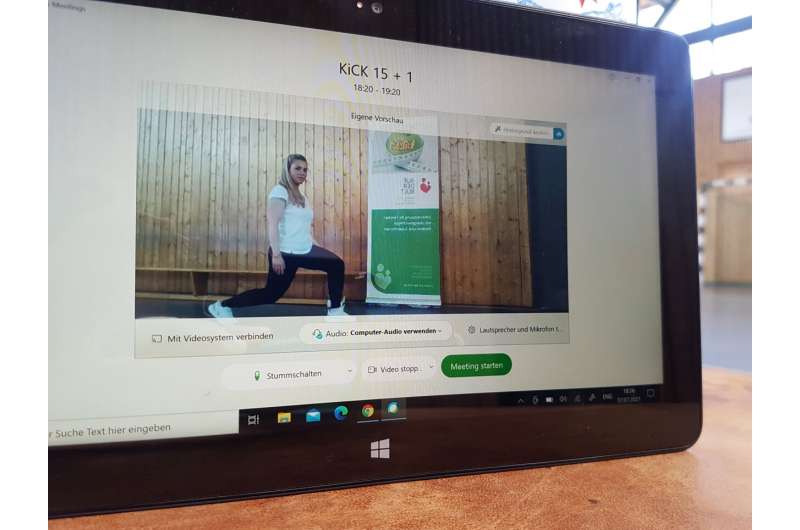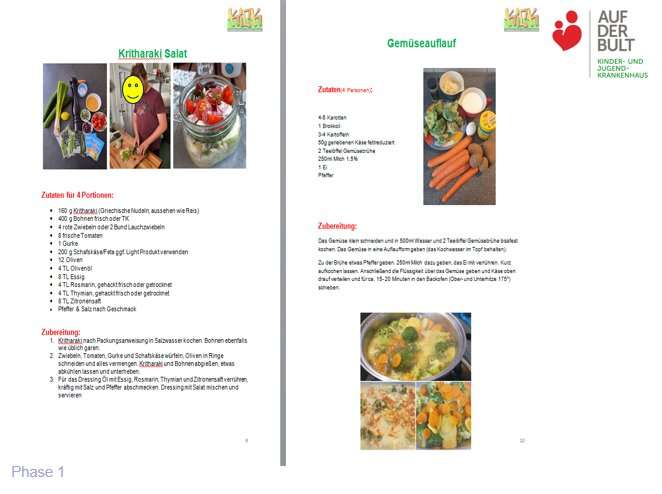Video-based program successful in treating children with obesity

Children and adolescents with obesity lost weight and showed improvements in metabolic health after following a 12-month, video-based weight loss program, according to research presented today at the 60th Annual European Society for Paediatric Endocrinology Meeting. The multi-component, educational program tackled food choices, meal quantities and physical activity during 12 months of the COVID-19 lockdown restrictions in Germany. Participants not only lost weight but also showed improvements in other measures of their metabolic health and dietary behavior, all of which contribute to a better quality of life with a reduced risk of serious health issues in the future.
Obesity is a growing, global epidemic linked to many other long-term health problems including type 2 diabetes and heart disease, as well as creating an increased financial and care burden on health services. Amongst children and adolescents with obesity, there is an additional risk of psychological issues related to the stigma of being overweight. The incidence of being overweight and obesity in children is known to be multifactorial but in the majority of cases, holistic, family-centered educational programs can have a beneficial effect on children's health. These educational programs normally provide long-term, outpatient care through attendance at regular sessions designed to guide changes in nutrition and physical activity as well as providing psychological counseling for children and their families. The restrictions imposed during the COVID-19 pandemic presented novel challenges for treating patients with obesity and necessitated a new approach.
In this study, Dr. Felix Reschke and his colleagues in Germany investigated the effectiveness of a video-based weight loss program in a group of 108 children and adolescents with obesity (aged 8-17 years) over 12 months. This comprehensive program included educational seminars and workshops covering food choices, cooking and portion control, together with sessions on more challenging subjects such as emotional eating and the health consequences of obesity.
The educational content was complemented by live cooking sessions, a weekly newsletter featuring tips and topical updates and even a live dance performance. Midway through the program, parents competed against the children in a live quiz, assessing their knowledge of the topics covered, which was, reassuringly, won by the children. At the end of the study period, the majority of participants showed improvements in metabolic health including lower body mass index, decreased blood lipid levels and a reduction in factors related to insulin resistance. Participants were also making better food choices with reduced portions and less snacking.

Dr. Reschke comments, "Successful treatment of childhood obesity is challenging work but we have demonstrated that adolescents with pre-existing obesity may be helped through video-based training. Participants showed improvements in their dietary choices, appetite control and portion sizes, which was reflected in better measures of their metabolic health and quality of life."
However, Dr. Reschke cautions, "These data are from a small group at a single center, so it is imperative that these findings are repeated in larger groups and that we ensure these successes can be sustained, particularly outside pandemic restrictions."
These findings confirm and extend a small study that the team published following the first COVID-19 lockdown. They now plan to further investigate these positive results by testing the video-based training program with parents of overweight kindergarten children, to evaluate whether it can help prevent the development of obesity, through earlier educational intervention.
Dr. Reschke adds, "Our results are very hopeful that this approach may be a useful and cost-effective model for treating obesity in children. It eliminates the need for regular face-to-face contact, which may be of particular use for those who have difficulty attending appointments. Although we must take care not to unnecessarily increase the amount of screen time used by children. It may be a fine line but our data suggest this approach is worthwhile."
More information: Abstract P1-282: Significant improvement in dietary behaviors and quality of life among adolescents with obesity in the COVID19 lockdown through telehealth, www.eurospe.org/meetings/2022/espe-2022/programme/



















